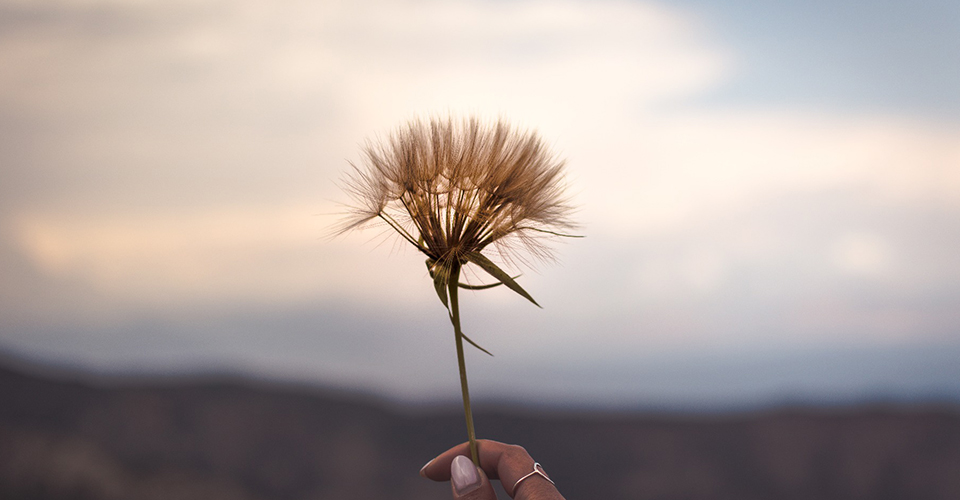What’s after platinum-based chemo?
Last updated: 10 March 2021

You can legally access new medicines, even if they are not approved in your country.
Learn how
Maintenance treatments for ovarian, fallopian tube or primary peritoneal cancer (PPC) are important for patients who have responded well to their treatment, as they aim to extend the remission time (hence the term ‘maintenance’). Zejula (niraparib) is one such treatment, and was approved by the Food and Drug Administration (FDA) just over one year ago, and by the European Medicines Agency (EMA) in November 2017.
How do maintenance treatments work?
Zejula (niraparib), which is a maintenance treatment, falls within a drug category called PARP Inhibitors. The PARP enzyme is one of the two systems that allow cells to repair their DNA when damaged. In cancer treatment (in this case, ovarian, fallopian tube and primary peritoneal cancer) a PARP inhibitor works to stop the action of PARP. By stopping the effectiveness of PARP, cancer cells may be stopped from reproducing and growing, and thus tumours don’t return or grow as rapidly.
PARP inhibitors are targeted therapies, which means they are designed to identify and attack specific types of cancer cells with less harm to normal cells.
Why are maintenance treatments important?
Even with the best possible treatment, diseases like advanced ovarian cancer have a relatively high rate of recurrence. A five-year survival rate only happens for around 30% of patients, and around 85% of patients will see their disease coming back after treatment. Medicines like PARP inhibitors aim to delay this recurrence for as long as possible. Niraparib (as an example) interferes with DNA repair and leads to breaks in the strands of DNA and ultimately the death of the cell itself, as it can no longer repair.
What makes Zejula (niraparib) different?
Zejula (niraparib) is the only drug of this kind that’s taken once-daily, which is what makes it unique. This may be convenient for patients, as one of the side effects of this kind of therapy may be nausea and patients might also be able to cope with the nausea by taking the medicine only before they go to bed at night.
How has Zejula (niraparib) been tested?
In a clinical trial, Zejula (niraparib) was tested on 553 women in a double-blind study (meaning neither the doctors nor the patients knew what medication was being taken, or who was being given a placebo). All the women in the trial had either ovarian cancer, fallopian tube cancer, or primary peritoneal cancer. All the participants also had some kind of platinum-based therapy prior to the trial, and had responded well to the therapy (their tumours had shrunk).
To find out whether Zejula (niraparib) was working, the length of time was measured before tumours grew bigger or returned. In the trial, women taking Zejula (niraparib) experienced a longer time period before their tumors worsened, compared to the women who took placebo. In patients with a specific mutation (BRCA mutated) this time was almost 4 times as long (21 months vs. 5.5).
Various different treatments often work together when it comes to treating cancers like ovarian, fallopian tube or primary peritoneal cancer, and are relevant and significant at different times.
Zejula (niraparib) is approved and available in a number of countries. If this medicine is not available in your country, we may be able to help. Please contact everyone.org for further information. Please note, patients purchasing a medicine through everyone.org always need a prescription from their treating doctor.
Sources:
1. FDA approves maintenance treatment for recurrent epithelial ovarian, fallopian tube or primary peritoneal cancers (Press Release). 27/03/2017 https://www.fda.gov/newsevents/newsroom/pressannouncements/ucm548948.htm
2. Zejula (niraparib): Highlights of Prescribing Information. 03/2017 https://www.accessdata.fda.gov/drugsatfda_docs/label/2017/208447lbl.pdf
3. National Cancer Institute: NCI Dictionary of Cancer Terms. https://www.cancer.gov/publications/dictionaries/cancer-terms/def/parp-inhibitor
4. Lorusso D, Mancini M, Di Rocco R, Fontanelli R, Raspagliesi F. The Role of Secondary Surgery in Recurrent Ovarian Cancer. International Journal of Surgical Oncology. 2012;2012:613980. doi:10.1155/2012/613980. https://www.ncbi.nlm.nih.gov/pmc/articles/PMC3420128/
5. ZEJULA [package insert]. Waltham, MA: TESARO, Inc; 2017. https://www.accessdata.fda.gov/drugsatfda_docs/label/2017/208447lbl.pdf
6. Drug Trials Snapshot Summary: ZEJULA. 04/12/2017 https://www.accessdata.fda.gov/drugsatfda_docs/label/2017/208447lbl.pdf




